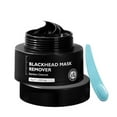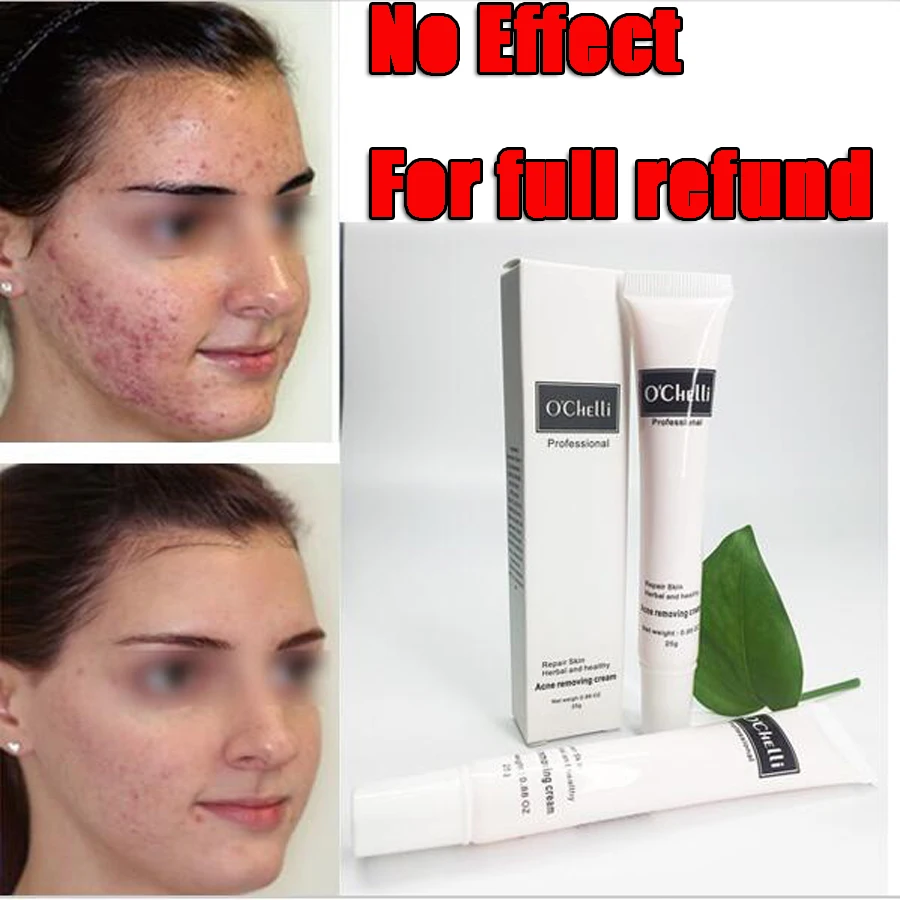

The blackhead battleground is a common concern for many seeking clear and healthy pores. Understanding the factors contributing to blackhead formation and employing effective strategies is key to achieving a flawless complexion. This comprehensive guide will delve into the science behind blackheads, identifying the underlying causes, and providing actionable steps to eliminate blackheads and prevent future breakouts. We’ll explore effective skincare routines, dietary considerations, and professional treatments to tackle the blackhead problem from multiple angles. Get ready to conquer your blackheads and achieve clearer pores, with strategies that span prevention and removal.
Understanding the Enemy: Unveiling the Secrets of Blackheads
What are Blackheads, Really?
Blackheads, also known as open comedones, are a common skin concern that affects people of all ages and skin types. These tiny blemishes, often dark or black in appearance, result from the blockage of hair follicles. When oil, dead skin cells, and dirt accumulate, they form a plug within the pore. This plug, exposed to air, oxidizes and appears black. Understanding the biology behind this process is crucial to developing effective prevention strategies.
Common Causes of Blackhead Formation
Several factors contribute to the formation of blackheads. Genetics play a significant role, with some people naturally predisposed to oily skin and clogged pores. Hormonal fluctuations, especially during puberty and menstruation, can also influence sebum production, increasing the likelihood of blackheads. Environmental factors like pollution and stress can impact the skin’s health and contribute to this problem. A poor skincare routine that neglects proper cleansing and exfoliation can also exacerbate the issue.
Common Skin Types Affected
Blackheads can affect various skin types, including oily, dry, and combination skin. Oily skin is generally more prone to blackheads due to increased sebum production. Dry skin can also be affected if hydration is insufficient, leading to dead skin buildup that contributes to pore blockage. Combination skin, with both oily and dry areas, presents a unique challenge, requiring a tailored approach to care.
Effective Skincare Routines for Blackhead Control
Cleansing Strategies: The Foundation for Clear Pores
A consistent and effective cleansing routine is paramount for controlling blackheads. Use a gentle cleanser designed for your skin type to remove excess oil and dirt without stripping away natural oils. Avoid harsh scrubbing, as this can irritate the skin and potentially worsen blackheads. Focus on gentle, circular motions to effectively remove impurities without damaging the skin barrier.
Exfoliation: Removing Dead Skin Cells for Healthy Pores
Regular exfoliation is essential for clearing out dead skin cells that can clog pores. Use a gentle chemical exfoliant, such as AHAs or BHAs, to effectively slough away dead skin buildup. Be mindful of your skin’s sensitivity and use these products according to their instructions. Physical exfoliation using scrubs should be used sparingly, as it can potentially irritate the skin. Consider gentle enzymatic exfoliants for a less abrasive approach.
Targeted Treatments: Addressing Blackheads Directly
Numerous over-the-counter and prescription treatments can address blackheads directly. Spot treatments containing salicylic acid or benzoyl peroxide can help unclog pores and reduce inflammation. Consider incorporating clay masks into your routine to draw out impurities and absorb excess oil.
Dietary Considerations for Healthy Skin
The Link Between Diet and Skin Health
A healthy diet plays a crucial role in maintaining overall skin health and reducing blackhead occurrences. A diet rich in fruits, vegetables, and antioxidants can provide essential nutrients that support skin cell turnover. Water intake is vital for hydration, which contributes to healthy skin elasticity and reduces the likelihood of dryness and subsequent pore blockage.
Avoiding Trigger Foods
Certain foods are known to trigger or exacerbate blackhead and acne formations. Foods high in processed sugars or dairy products may contribute to inflammation and increased oil production. Pay attention to your body’s response to various foods and identify potential trigger foods that might negatively impact your skin.
The Role of Hydration
Staying hydrated is crucial for skin health. Sufficient water intake supports proper skin function by keeping it hydrated and reducing dryness which can lead to pore blockage and blackhead formation. Ensure your daily intake is sufficient to support skin health.
Professional Treatments and Advice
Seeking Expert Consultation
When blackheads persist or cause significant concerns, consulting a dermatologist is recommended. Dermatologists can offer personalized recommendations and potentially advanced treatments for more severe cases. This includes expert knowledge and tools to address deep-seated blackheads that may require specialized solutions.
Chemical Peels: Refining and Revealing
Chemical peels can exfoliate the skin on a deeper level, removing dead skin cells and helping to unclog pores. They can provide effective results for blackhead reduction, but it’s important to consult a dermatologist for appropriate use and potential side effects.
Microdermabrasion: Gently Polishing for Clear Pores
Microdermabrasion uses a gentle abrasive to gently buff away dead skin cells, improving skin texture, and potentially clearing pores and reducing blackheads. This procedure may require professional application, and you should seek the advice of a qualified dermatologist or aesthetician.
Preventing Future Breakouts and Maintaining a Healthy Routine
Building a Consistent Skincare Routine
A consistent skincare routine is essential for managing and preventing blackheads. A simple routine should include gentle cleansing, exfoliation, and moisturization. Be sure to adjust your routine based on your skin type to promote healthy skin and effectively control blackheads.
Understanding Your Skin Type and Needs
A key aspect of preventing future blackheads is understanding your skin type. Knowing how your skin reacts to different products and routines helps you make adjustments to promote clearer pores. Experiment with different products to find what best suits your individual skin’s needs.
Lifestyle Choices and Pores
Lifestyle factors can significantly impact your skin’s health, including stress management, sleep quality, and sun protection. Stress, lack of sleep, and sun exposure can all negatively affect skin health, increasing pore blockage and blackhead risk. Implementing healthy lifestyle choices to support overall well-being is just as important as good skincare for maintaining clear pores.
FAQ
Q: What are some home remedies to treat blackheads?
Ans: Several home remedies may offer some temporary relief, such as using facial steaming to open pores or applying a homemade mask with ingredients like honey or clay. However, these remedies may not address the underlying causes of blackheads. It’s crucial to have a balanced approach that addresses both the issue of removal and prevention. Consistency is key when using any home remedy.
Q: How can I effectively prevent future blackhead breakouts?
Ans: Preventing future breakouts involves a multi-pronged approach. A well-rounded skincare routine, including regular cleansing, gentle exfoliation, and targeted treatments, is crucial. Dietary choices also play a significant role. Avoiding trigger foods, maintaining hydration, and managing stress levels will contribute to overall skin health and reduce future blackhead occurrences. Maintaining consistency in your routine and lifestyle choices is critical for sustained results. Schedule regular check-ins with your dermatologist if you notice persistent blackhead problems.
In conclusion, conquering blackheads requires a multifaceted approach that combines proper skincare routines, dietary considerations, and expert advice. By implementing the strategies outlined in this comprehensive guide, you’re well on your way to achieving clearer, healthier pores and a more radiant complexion. Remember consistency is key to seeing lasting results. If you continue to experience persistent blackhead issues, consult a dermatologist for personalized recommendations and potentially advanced treatments. Schedule your consultation today for personalized advice!